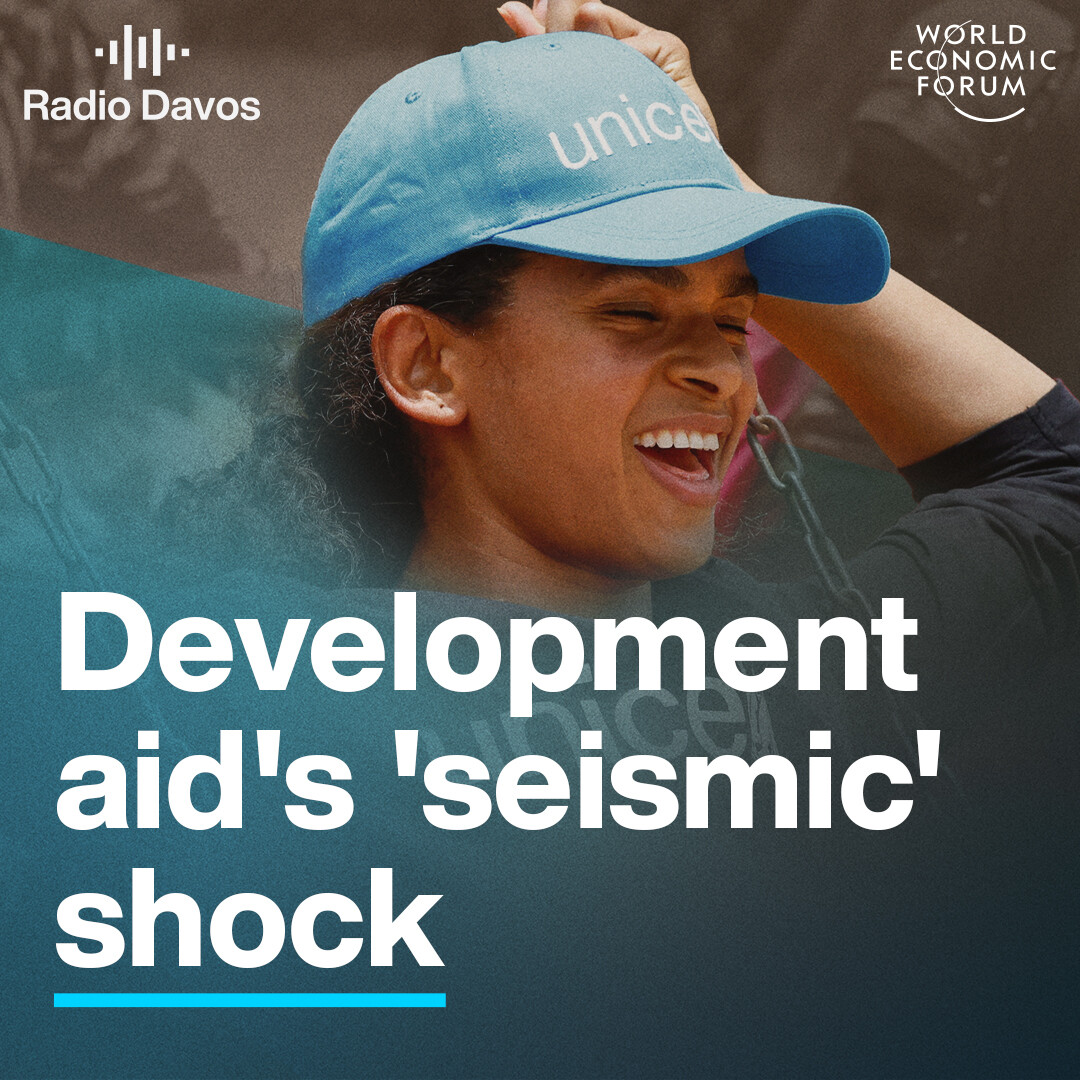The sharing economy could help end poverty. Here’s how

Sharing apps can improve the safety of motorcycle taxis, allowing users to book rides with a safe driver and a guaranteed crash helmet.
Image: REUTERS/Darren Whiteside
Stay up to date:
The Digital Economy
As the Bulawayo road curves out of Zimbabwe’s capital Harare, groups of would-be travellers wait along the dusty edges, hoping for a ride. And if you mention that you are travelling cross-border, space in your suitcase will be begged and borrowed for use as a miniature shipping container. This is the low-tech sharing economy. As its digital equivalent takes off, how might it help those in poverty?
In rich countries, platforms like Uber, Airbnb and Verbling allow those with assets (cars, houses, skills, time, money) to connect with those who want temporary access to them. Both sides benefit, either by making money or gaining access to something more cheaply than they could before.
In developing countries, the proposition is slightly different: sharing or renting assets may not just enable consumers to save a few dollars, but might also allow completely new access for those who couldn’t previously afford it. HelloTractor is a good example – tractor sharing for smallholder farmers. On the other side of the equation, apps like Upwork can allow web designers, virtual assistants and others with spare time and skills to access vast overseas markets. This global marketplace can offer significant benefits to workers living in countries with high rates of unemployment or low wages.
Beyond the economics, the digital sharing economy can also create less obvious benefits, such as to public health. SafeBoda and SafeMoto both reduce road accidents related to the (infamously dangerous) motorcycle taxis that are common in many developing countries. The review function in apps like these makes up for a gap in the enforcement of government regulation, allowing users to book a taxi with a safe driver and a guaranteed crash helmet.
This self-regulation function could also help stimulate investment in poor nations, especially via peer-to-peer finance models, according to one expert at the World Bank.
Perhaps most interesting though, is the suggestion that self-regulation can help introduce some aspects of workplace formalization in countries where informal working typically makes up more than 40% of economic activity. Workplace safety standards similar to those crash helmets mentioned above are an obvious example, but even platform-wide minimum wages have a precedent. It’s also plausible that sharing platforms could provide a mechanism for light-touch business registration, providing access to social security, for example.
This is a notable difference to the sharing economy in developed countries, where one of the key drawbacks of sharing apps is their link with the ‘gig economy’. In economies dominated by both formal employment and high standards of workplace regulation, sharing apps are typically associated with a trend towards reduced standards and informality (although there is disagreement about the strength of the link). Thus, self-regulation might offer an improvement in locations where there is little or no enforcement of statutory regulation, whilst it presents a problem in contexts with more developed levels of governance.
The road ahead
What can businesses, government and NGOs do to accelerate the development of a pro-poor sharing economy in developing nations? There are three pressing areas for research and investment:
1. Get the right equipment and infrastructure in place, and ensure that poor communities can access it. Mobile phone ownership has surged in recent years, but relatively few people have access to a smart phone or laptop (although numbers are increasing fast). Furthermore, in many contexts electronic payment systems are undeveloped (although also growing fast).

2. Provide support and incentives for the most pro-poor applications of the sharing economy. The most poverty-reducing apps tend to provide services that poor groups need, such as tractors, healthcare, or housing, and often use platforms that they can easily access (such as standard mobile phones).
3. Encourage business models that share benefits equitably. For example, platform cooperatives tend to distribute their earnings more widely than other models (where the network or platform itself can capture a lot of the value).
Relatively few governments or NGOs are active in this space, even in the rich-world, but there are clear opportunities. The city of Seoul, in South Korea, can provide some encouraging lessons: in 2012, Seoul’s city government declared that it would become a Sharing City. The government provides support to businesses that involve sharing and solve the municipality’s problems, such as traffic congestion and environmental pollution. So far seventy-seven businesses in the city have received the ‘sharing business’ designation.
Whilst I made frequent trips along the dusty Bulawayo road earlier this decade, a ride-sharing app inspired by Zimbabwe’s ride-sharing practices was fast gathering pace in the US (Zimride). Now it’s time for the digital sharing economy to make the return journey, and benefit those who helped inspire it.
This blog is based on a report by Tearfund and the Institute of Sustainable Futures.
Don't miss any update on this topic
Create a free account and access your personalized content collection with our latest publications and analyses.
License and Republishing
World Economic Forum articles may be republished in accordance with the Creative Commons Attribution-NonCommercial-NoDerivatives 4.0 International Public License, and in accordance with our Terms of Use.
The views expressed in this article are those of the author alone and not the World Economic Forum.
Forum Stories newsletter
Bringing you weekly curated insights and analysis on the global issues that matter.
More on Sustainable DevelopmentSee all
Felipe Basso
November 13, 2025
Sha Song, Wee Kean Fong and Laia Barbarà
November 11, 2025
Marco Lambertini and Marcelo Bicalho Behar
November 6, 2025
Pedro Leitao
November 5, 2025
Aimée Dushime
November 4, 2025





